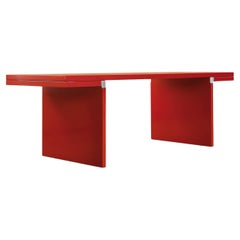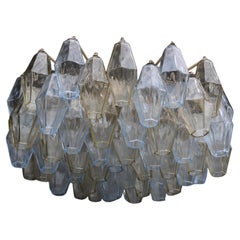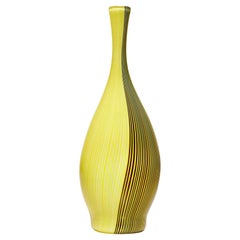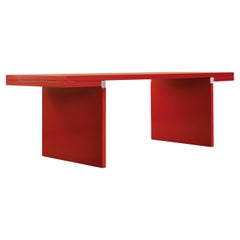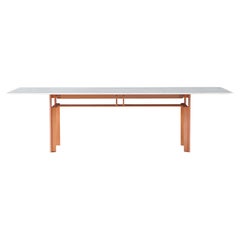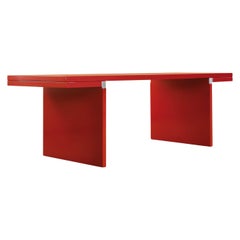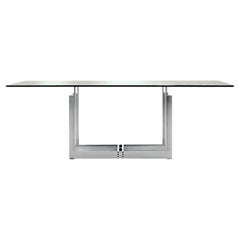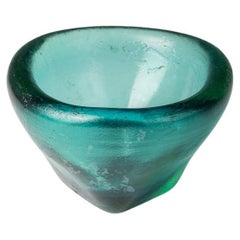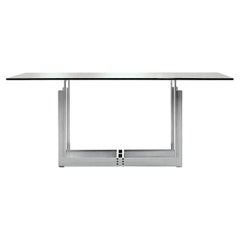Carlo Scarpa On Sale
2010s French Mid-Century Modern Tables
Wood
Vintage 1950s Italian Mid-Century Modern Chandeliers and Pendants
Metal
Mid-20th Century Italian Mid-Century Modern Vases
Glass, Art Glass, Blown Glass, Murano Glass
2010s Italian Mid-Century Modern Center Tables
Aluminum
2010s Italian Mid-Century Modern Tables
Aluminum
2010s Italian Mid-Century Modern Center Tables
Aluminum
2010s Italian Mid-Century Modern Tables
Glass
Vintage 1930s Italian Vases
Murano Glass
2010s Italian Mid-Century Modern Tables
Glass
Vintage 1960s Italian Mid-Century Modern Wall Lights and Sconces
Brass
2010s Italian Mid-Century Modern Center Tables
Aluminum
2010s Italian Mid-Century Modern Tables
Glass
Vintage 1930s Italian Art Deco Chandeliers and Pendants
Murano Glass
2010s Italian Mid-Century Modern Tables
Glass
Vintage 1940s Italian Vases
Murano Glass
Vintage 1940s Italian Vases
Murano Glass
Vintage 1940s Italian Vases
Murano Glass
Vintage 1940s Vases
Murano Glass
Vintage 1920s Italian Vases
Murano Glass
Vintage 1960s Italian Vases
Murano Glass
Vintage 1940s Italian Vases
Murano Glass
Vintage 1930s Italian Vases
Murano Glass
Mid-20th Century Italian Mid-Century Modern Chandeliers and Pendants
Iron
Vintage 1960s Italian Mid-Century Modern Glass
Murano Glass
2010s Italian Mid-Century Modern Tables
Marble
2010s Italian Mid-Century Modern Armchairs
Metal
Vintage 1970s Italian Mid-Century Modern Chandeliers and Pendants
Brass
2010s Italian Mid-Century Modern Armchairs
Metal
Vintage 1930s Italian Art Deco Lanterns
Blown Glass
2010s Italian Mid-Century Modern Desks and Writing Tables
Aluminum
2010s Italian Mid-Century Modern Desks and Writing Tables
Aluminum
Vintage 1970s Italian Mid-Century Modern Chandeliers and Pendants
Brass
2010s Italian Mid-Century Modern Desks and Writing Tables
Aluminum
20th Century Italian Mid-Century Modern Dining Room Tables
Carrara Marble
2010s Italian Mid-Century Modern Desks and Writing Tables
Aluminum
2010s Italian Mid-Century Modern Desks and Writing Tables
Aluminum
2010s Italian Mid-Century Modern Desks and Writing Tables
Aluminum
Mid-20th Century Italian Art Deco Decorative Bowls
Gold Leaf
Vintage 1930s Italian Vases
Murano Glass
Vintage 1970s Italian Brutalist Living Room Sets
Wood
Vintage 1960s Italian Mid-Century Modern Dining Room Tables
Steel
Vintage 1970s Mid-Century Modern Bookcases
Glass, Wood
Vintage 1960s Italian Mid-Century Modern Tables
Carrara Marble
Mid-20th Century Italian Mid-Century Modern Chandeliers and Pendants
Blown Glass
Antique Mid-19th Century Italian Mid-Century Modern Chandeliers and Pend...
Blown Glass
Vintage 1940s Italian Mid-Century Modern Vases
Art Glass
1990s Italian Mid-Century Modern Wall Lights and Sconces
Glass
Vintage 1930s Italian Modern Chandeliers and Pendants
Brass
Vintage 1970s Italian Post-Modern Sideboards
Metal
Vintage 1970s Italian Post-Modern Dining Room Tables
Wood, Walnut, Cowhide
Vintage 1970s Italian Mid-Century Modern Dining Room Tables
Carrara Marble
Mid-20th Century Italian Mid-Century Modern Flush Mount
Metal
Vintage 1970s Italian Post-Modern Dining Room Tables
Wood, Walnut
Vintage 1970s Italian Mid-Century Modern Tables
Marble
Mid-20th Century Italian Mid-Century Modern Decorative Bowls
Glass, Sommerso, Murano Glass, Blown Glass, Art Glass
Vintage 1970s Italian Post-Modern Coffee and Cocktail Tables
Crystal, Marble
Vintage 1970s Italian Bookcases
Crystal, Metal, Brass
Vintage 1950s Italian Mid-Century Modern Chandeliers and Pendants
Metal
Mid-20th Century Italian Art Deco Decorative Bowls
Gold Leaf
20th Century Italian Modern Dining Room Tables
Marble
- 1
Carlo Scarpa On Sale For Sale on 1stDibs
How Much is a Carlo Scarpa On Sale?
Carlo Scarpa for sale on 1stDibs
Carlo Scarpa was born in Venice in 1906 and became one of the leading figures of architecture and international design during the 20th century. At merely 21 years old — and still a student at the Academy of Fine Arts — Scarpa began working as a designer for master Murano glassmaker M.V.M. Cappellin. Within a few years, he completely revolutionized the approach to art glass.
In a short time, under the guidance of Scarpa, the Capellin furnace not only established itself as the top glass company, but above all it introduced modernity and international fame to Murano glassmaking. Scarpa created a personal style of glassmaking, a new vision that irreversibly changed glass production.
The young Scarpa experimented with new models and colors: his chromatic combinations, impeccable execution and geometric shapes became his modus operandi. Thanks to Scarpa’s continuous research on vitreous matter, Cappellin produced a series of high-quality glass objects, that saw the company revisiting ancient processing techniques such as the watermark and Phoenician decoration.
When he encountered the challenge of opaque glass, Scarpa proposed introducing textures of considerable chromatic impact, such as glass pastes and glazed glass with bright colors. Scarpa also collaborated in the renovation of Palazzo da Mula in Murano, the home of Cappellin. At the academy, he obtained the diploma of professor of architectural design and obtained an honorary degree from the Venice University Institute of Architecture of which he was director.
In 1931, Scarpa's collaboration with Cappellin ended, following the bankruptcy of the company because it was not able to withstand the economic crisis linked to the Great Depression. But Scarpa did not go unnoticed by Paolo Venini — in 1933, the young designer became the new artistic director of the biggest glass company in Murano.
Master glassmakers thought Scarpa's projects and sketches were impossible, but the passionate and curious designer always managed to get exactly what he wanted. Until 1947 he remained at the helm of Venini & Co., where he created some of the best known masterpieces of modern glassmaking. Scarpa’s work with Venini was characterized by the continuous research on the subject, the use of color and techniques that he revisited in a very personal way, and the development of new ways of working with master glassmakers.
At the beginning of the 1930s, "bubble", "half filigree" and "submerged" glass appeared for the first time on the occasion of the Venice Biennale of 1934. A few years later, at the Biennale and the VI Triennale of Milan, Venini exhibited its lattimi and murrine romane pieces, which were born from a joint idea between Scarpa and Paolo Venini.
In 1938 Scarpa increased production, diversifying the vases from "objects of use" to sculptural works of art. In the same year he laid the foundation for the famous "woven" glass collection, exhibited the following year. In the subsequent years, Scarpa–Venini continued to exhibit at the Biennale and in various other shows their the "black and red lacquers," the granulari and the incisi, produced in limited series, and the "Chinese," which was inspired by Asian porcelain.
Scarpa's creations for Venini garnered an international response and were a great success, leaving forever an indelible mark on the history of glassmaking. The last Biennale in which Carlo Scarpa participated as artistic director of Venini was in 1942. He left the company five years later.
The time that Scarpa spent in the most important glass factory in Murano would attach a great artistic legacy to the company. His techniques and styles were resumed in the postwar period under the guidance of Tobia Venini, Paolo's son. In the 1950s, after the departure of Scarpa, Fulvio Bianconi was the new visionary at the Biennials with Venini.
On 1stDibs, vintage Carlo Scarpa glass and lighting are for sale, including decorative objects, tables, chandeliers and more.
(Biography provided by Ophir Gallery Inc.)
